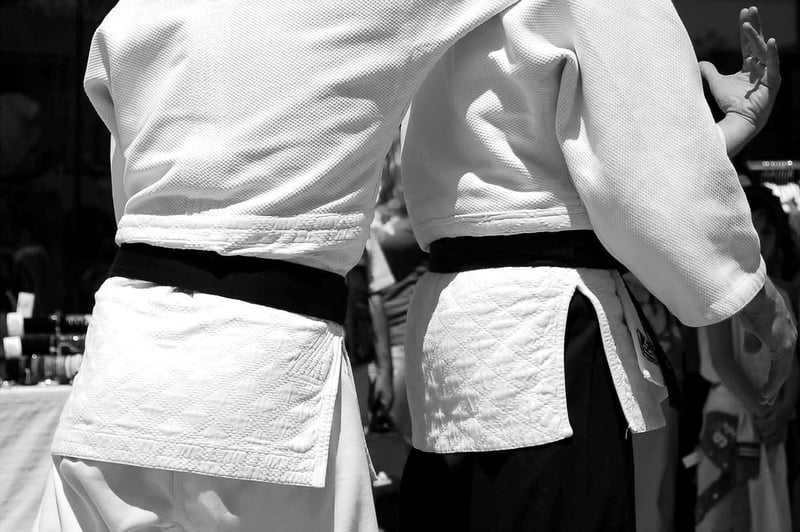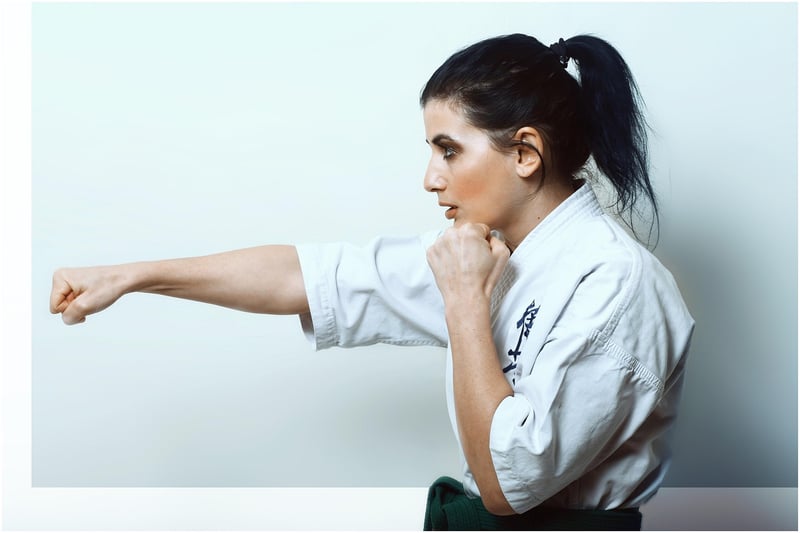Judo
Traditional Combat Techniques for Discipline and Defense
Combat techniques have been practiced for centuries by various cultures around the world for a multitude of reasons, including self-defense, physical fitness, mental discipline, and even spiritual development. One such traditional martial art that embodies these principles is Judo.
The Art of Judo
Judo, which translates to "gentle way," is a Japanese martial art that focuses on using an opponent's strength and momentum against them. Developed in the late 19th century by Jigoro Kano, Judo emphasizes throws, joint locks, and pins to subdue an opponent without causing permanent injury.

Benefits of Practicing Judo
Practicing Judo offers a wide range of physical, mental, and emotional benefits:
- Improved physical fitness and strength
- Enhanced flexibility and balance
- Increased mental focus and discipline
- Stress relief and improved self-confidence
- Self-defense skills for real-life situations
Training in Judo
Training in Judo typically involves learning and practicing various techniques under the guidance of a skilled instructor. Students start with basic movements and gradually progress to more advanced throws and submissions. Sparring, known as randori, allows practitioners to apply their skills in a controlled setting.
Philosophy of Judo
Central to Judo is the concept of "maximum efficiency, minimum effort," which emphasizes using technique and leverage to overcome brute strength. Judo also promotes mutual welfare and benefit, encouraging practitioners to respect their opponents and work together to improve collectively.
Conclusion
Whether you are looking to improve your physical fitness, learn self-defense skills, or cultivate mental discipline, traditional combat techniques like Judo offer a holistic approach to personal development. Through dedicated practice and adherence to its principles, Judo can not only enhance your physical abilities but also foster a sense of respect, discipline, and humility.
